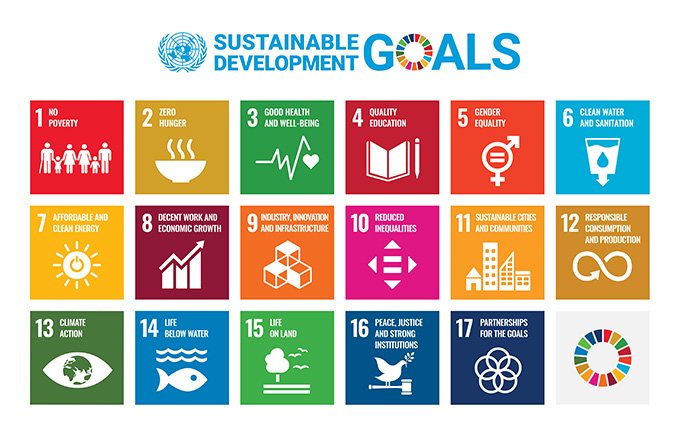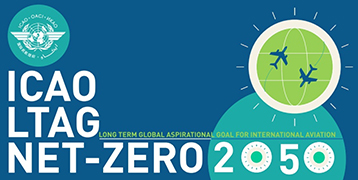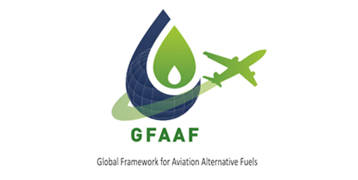Current outlook on sustainable feedstocks and processes for sustainable aviation fuel production
Current Opinion in Green and Sustainable Chemistry
• Volume 49
(2024)
FEATURED BOOK
Challenges related to economic viability and production processes to sustainable aviation fuel (SAF) have significantly hindered its widespread commercial adaptations. This mini review provides the current opinion on various feedstocks and conversion processes for low-cost SAF production. The primary emphasis lies on exploring alternatives to traditional feed crops with a shift toward utilizing lignocellulosic biomass, waste feedstocks, oil-seed crops, and microalgal oil. The Fischer–Tropsch process, hydroprocessed esters and fatty acids, and nonthermal plasma method, where lignocellulosic biomass, oil-based crops, microalgal oil, and waste oils are widely used are cost effective, have high potential to produce SAF. However, technical immaturity and high cost compel detailed investigation on the optimization process using various alternative feedstock. This mini review insights the critical factors effecting reaction efficiencies, including feedstock characteristics, reaction parameters, catalyst reusability, and supports that need systematic investigation. Conclusively, this outlook delves into the challenges, solutions, and opportunities associated to cost-effective SAF production.
Jet fuel; Hydroprocessed fats and oils; Alcohol to jet fuel; Non-thermal plasma technique; Sustainable process
2 total downloads



 Back
Back



